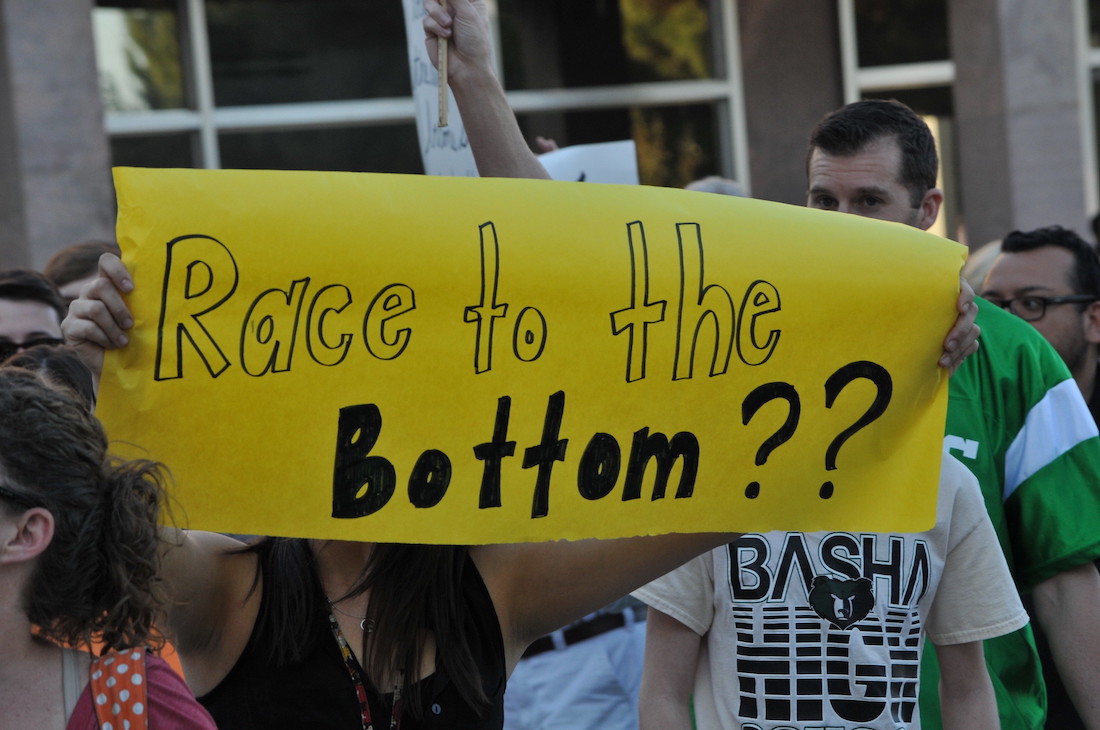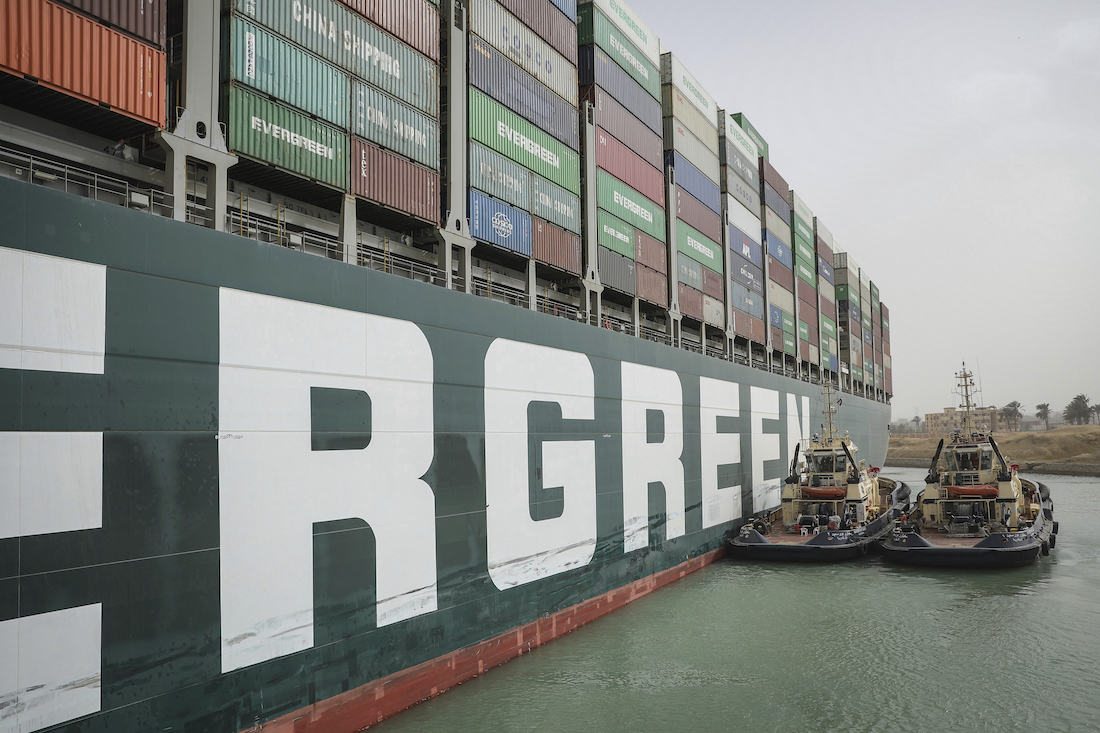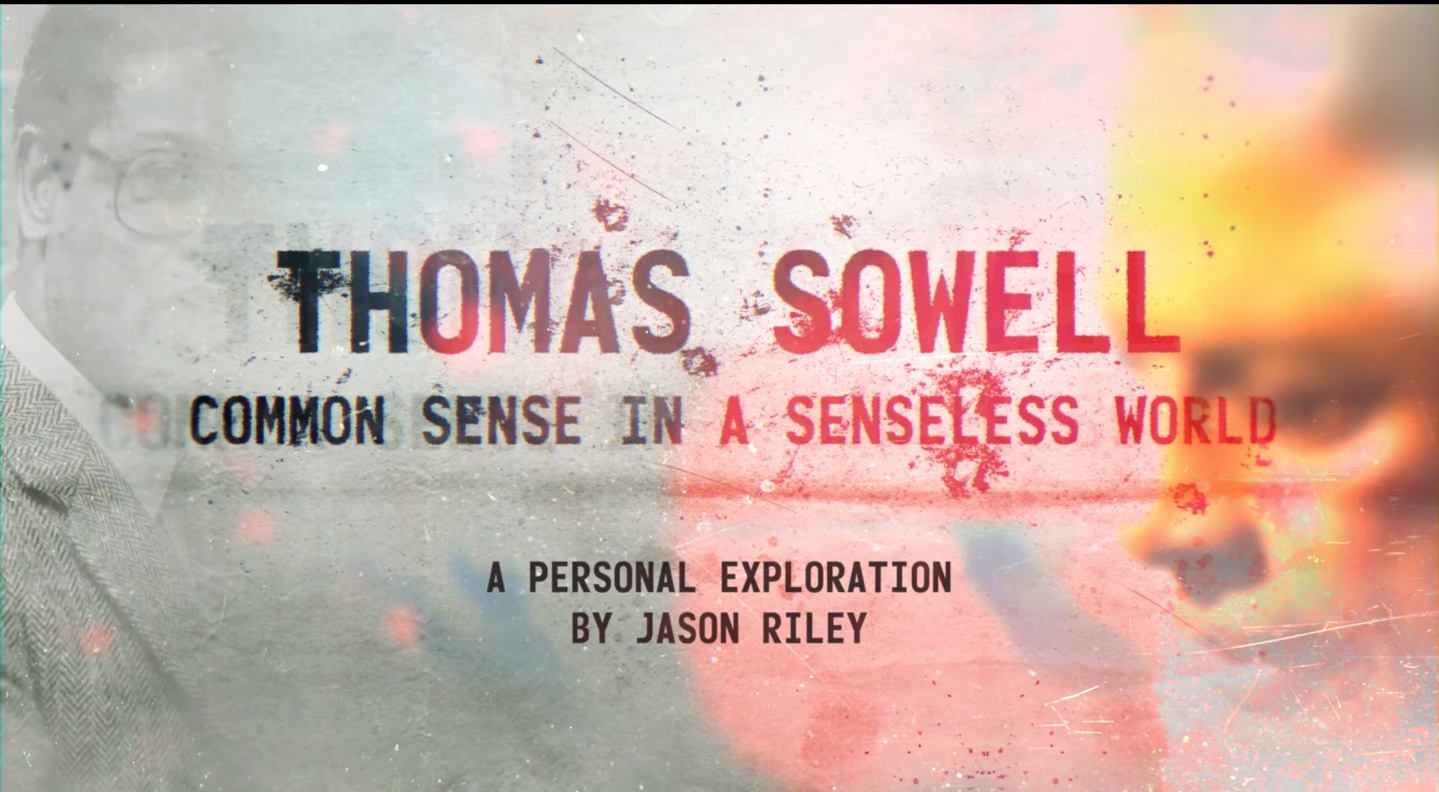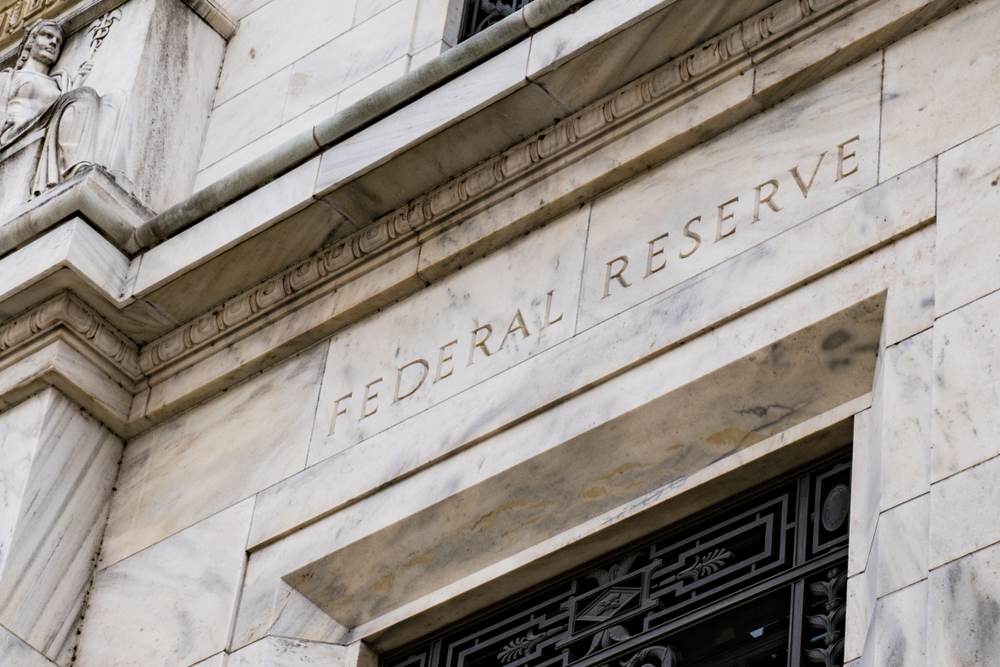April 23, 2021
The fallacy of capitalism’s ‘race to the bottom’
The Biden administration proposes a global minimum tax on corporations to end the “global race to the bottom.” Leaving aside the wisdom of letting France tax U.S.-based corporations, this phrase recalls one of the regnant canards of our time: Capitalism inevitably lowers living standards and grinds people down into poverty. Continue Reading...







